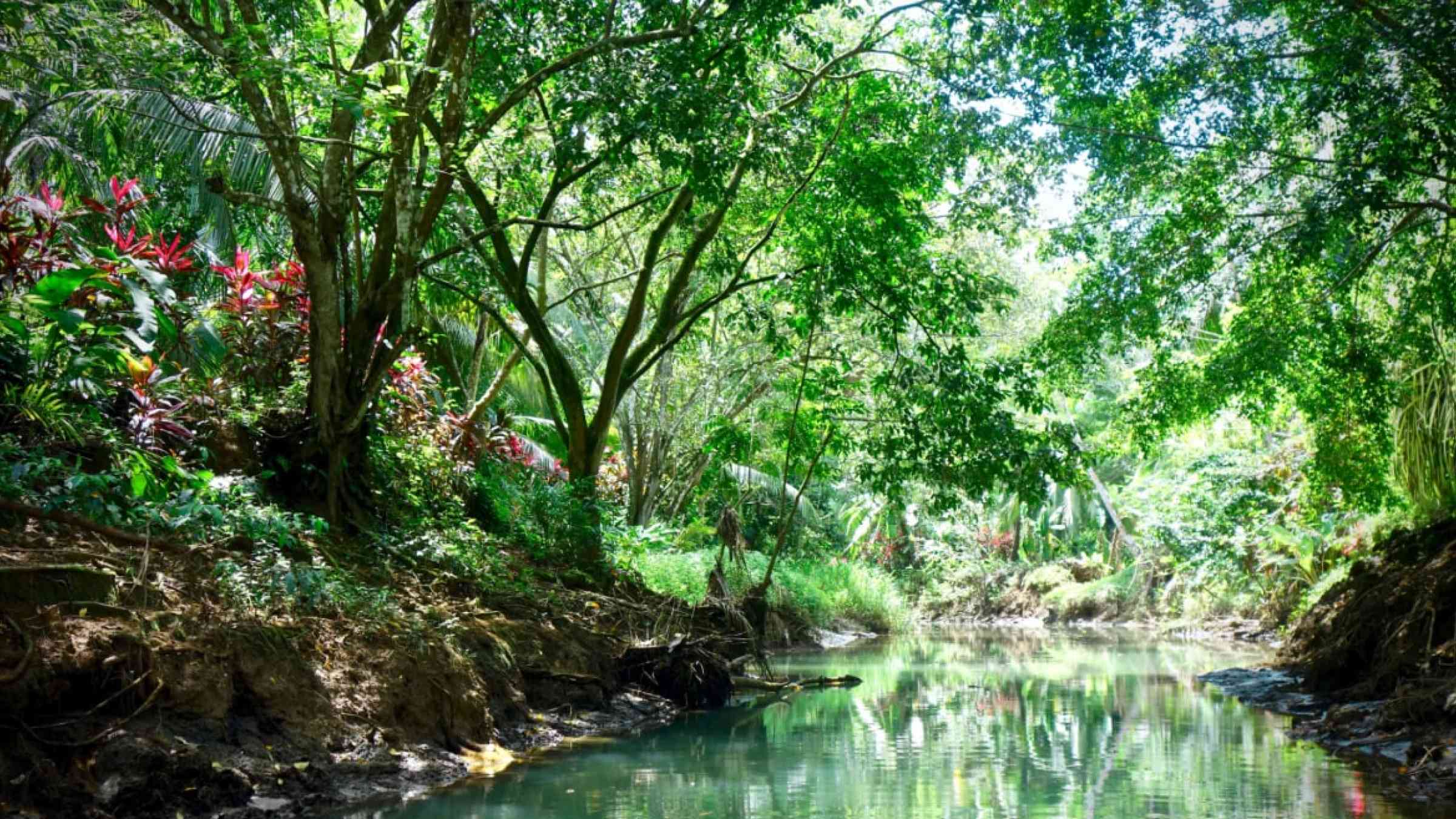New study by National Geographic Explorers provides first-ever comprehensive assessment of ecosystem services of Brazil’s coastal mangrove forests

A new study provides the first-ever empirical assessment of ecosystem services — the benefits we receive from nature — of Brazilian mangroves.
[...]
The study also shows food sources and cultural practices are highly dependent not only on mangroves, but also on adjacent coastal upland habitats such as forests and croplands. Ultimately, this new data fills a critical gap in our understanding of the value of these mangroves and reveals that a holistic approach to conserving mangrove forests in the Global South must also consider how local communities use the resources from connected coastal upland habitats.
[...]
Awuor Owuor and Bernardino interviewed over 100 households to understand how people use and value mangroves, their willingness to commit their time to mangrove conservation, and the economic significance of this ecosystem.
[...]
"When we look at the flow of ecosystem benefits, their value to the local, coastal communities is evident, but these communities are among the most marginalized in the country and the social, economic and cultural benefits of mangroves are often not understood or valued outside their communities.” Says Angelo Bernardino.
[...]